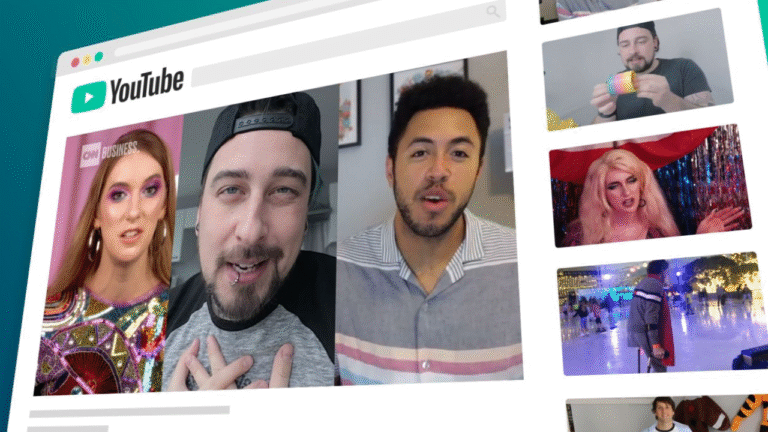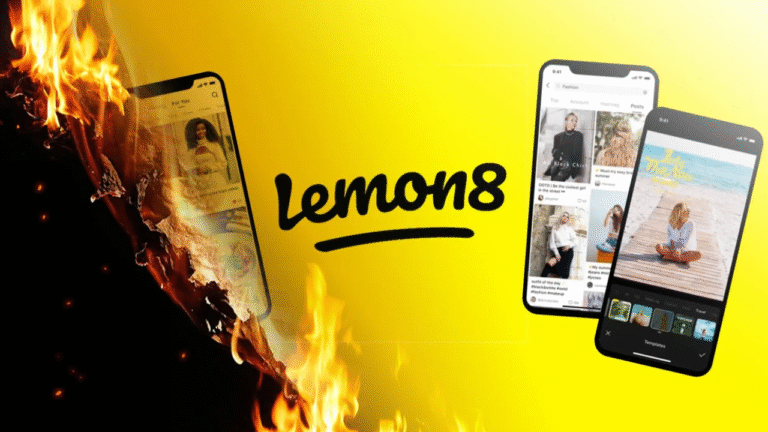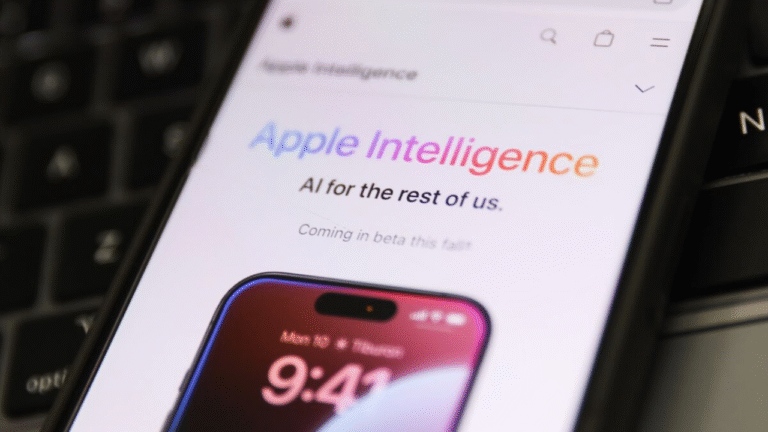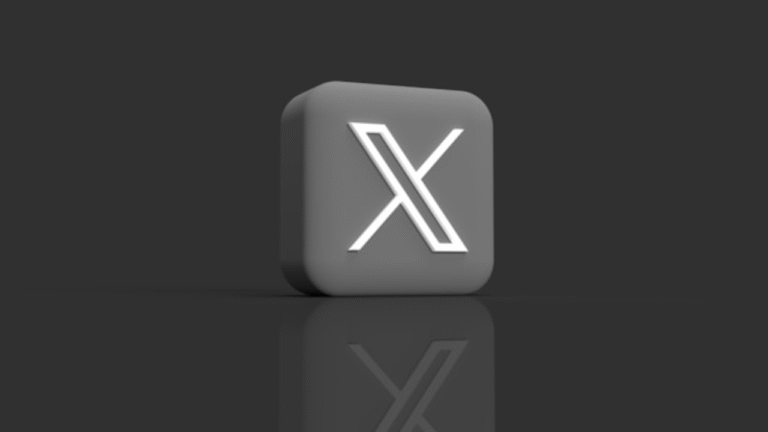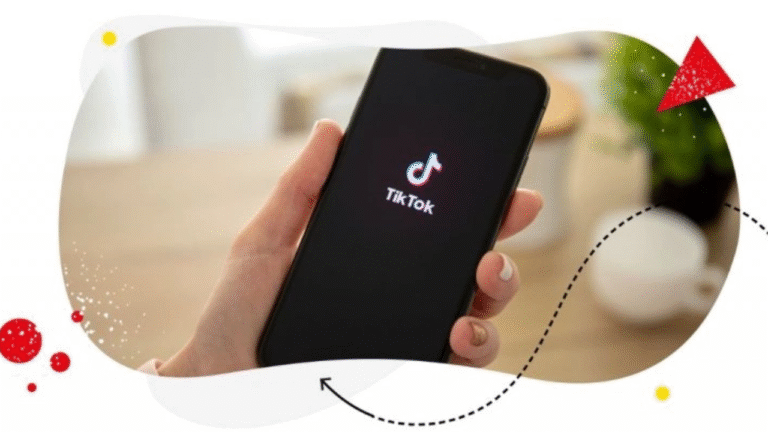Is the Creator Economy Dying or Evolving? Experts Weigh In
Over the past decade, the creator economy has grown from a niche idea into a global force. Influencers, streamers, podcasters, and digital artists have built careers on platforms like YouTube, TikTok, Instagram, Patreon, and Substack. Venture capitalists poured billions into creator-focused startups. New terms like “micro-influencer” and “content monetization” became part of everyday business language.
But in 2025, the conversation has shifted. Creators are burning out. Algorithms are changing. Platforms are cutting revenue shares. AI-generated content is flooding feeds. Sponsorships are becoming harder to land. As a result, many are asking: Is the creator economy dying?
The answer, according to industry experts, is more complex. It’s not dying — it’s evolving. And how creators adapt to these changes will define the next generation of online content.
The Rise and Plateau of the Creator Economy
The creator economy exploded in the 2010s and early 2020s, driven by the rise of social media platforms and the democratization of content production. All you needed was a phone and internet access to build an audience.
By 2021:
- YouTube creators were earning millions from ad revenue and brand deals
- TikTok stars became household names overnight
- Patreon and Substack let fans directly support creators
However, the rapid growth also created an unsustainable pressure to always be creating, posting, promoting, and monetizing. Many creators began to experience burnout and disillusionment.
Why Some Say the Creator Economy Is Dying
Several signs suggest the creator economy, at least in its original form, is struggling.
1. Declining Platform Revenue Shares
YouTube, Instagram, and TikTok have all revised their monetization rules. Algorithms
h Crisis
Creating consistent, high-performing content is a full-time job — often without the support structures of traditional employment. Many creators now speak openly about:
- Mental fatigue
- Constant algorithm anxiety
- Loneliness and creative blocks
This has led to creators stepping back or leaving the industry altogether.
4. AI-Generated Competition
With the rise of tools like ChatGPT, Midjourney, and Runway, AI is now generating:
- Scripts
- Artwork
- Videos
- Voiceovers
This raises existential questions about what human creativity means in a world where machines can mimic it convincingly.
The Case for Evolution — Not Death
While these challenges are real, many experts argue they don’t signal the end of the creator economy. Instead, they point to a natural evolution, similar to what every digital industry undergoes.
1. A Shift to Ownership and Direct Monetization
More creators are building owned platforms: newsletters, websites, community apps, and digital products. This allows:
- Better control over income
- Freedom from algorithm changes
- Stronger fan relationships
Examples include:
- Creators launching paid courses and digital merch
- Writers building communities on platforms like Ghost or Beehiiv
- YouTubers offering exclusive content via Discord servers or NFTs
2. Niche is the New Mainstream
The era of mass appeal is fading. Today, niche creators with small, loyal audiences often earn more than creators with millions of passive followers.
Whether it’s slow-living TikTokers, vintage fashion collectors, or indie music curators — authenticity is replacing virality as the key to sustainability.
3. AI as a Creative Assistant, Not a Threat
While AI poses competition, many creators are embracing it as a tool:
- Automating video edits
- Generating subtitles
- Brainstorming content ideas
- Enhancing writing workflows
The creators who integrate AI without losing their human voice will thrive in this new landscape.
4. Hybrid Career Models
The new wave of creators is blending multiple roles:
- Creator + consultant
- Influencer + startup founder
- Podcaster + author
Instead of relying on views alone, creators are turning their content into ecosystems — with income from ads, subscriptions, speaking gigs, product sales, and investments.
Voices from the Industry
Ana Valdez, digital strategist and creator coach
“The creator economy isn’t collapsing. It’s maturing. The people who came in for fast fame are burning out. The ones who treat it like a long-term business are adapting.”
Marcus Chen, YouTube educator and tech reviewer
“Five years ago, I only made money from AdSense and brand deals. Now I sell digital courses, host webinars, and license my videos. Diversification saved my career.”
Jill Morgan, mental health advocate and Instagram creator
“After hitting 200k followers, I had to step away. The pressure was unreal. Now I only post when it feels right. I make less, but I’m happier — and my content feels real again.”
What This Means for New Creators
If you’re just starting out in 2025, the rules are different from those in 2018 or even 2022.
Here’s what to keep in mind:
- Play the long game: Build community before chasing virality
- Diversify income: Don’t rely on one platform or monetization method
- Create for humans, not algorithms: Authenticity always wins in the long run
- Own your audience: Emails, websites, and communities matter more than followers
- Use AI smartly: Let it save you time, but never let it replace your voice
Platforms Are Changing Too
To keep creators engaged, platforms themselves are evolving. In 2025, we’re seeing:
- YouTube launching AI-enhanced editing suites
- TikTok rolling out community-backed funding models
- Instagram integrating “creator cooperatives” for shared ad revenue
- Twitch offering real-world meetups for creator networking
The platforms that survive will be those that treat creators as partners, not just content machines.
Final Thoughts from TheUnfite
So, is the creator economy dying? No. But it is being stripped of its illusions. The era of easy virality and overnight success is gone. What remains is a more grounded, sustainable, and thoughtful ecosystem.
Creators who treat their craft like a business, use the tools of the future, and stay rooted in their purpose — they’re not watching the economy die. They’re shaping its next chapter.
At TheUnfite, we’ll continue to follow the stories, voices, and shifts that define where content, culture, and creativity go next.


